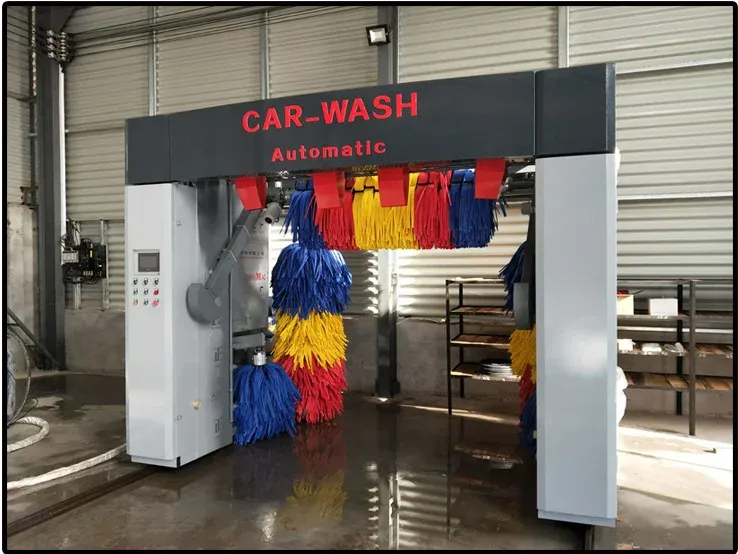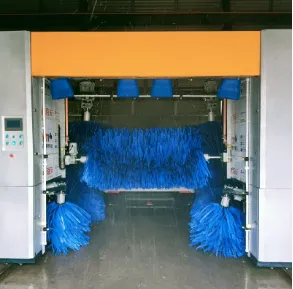
- Afrikaans
- Albanian
- Amharic
- Arabic
- Armenian
- Azerbaijani
- Basque
- Belarusian
- Bengali
- Bosnian
- Bulgarian
- Catalan
- Cebuano
- Corsican
- Croatian
- Czech
- Danish
- Dutch
- English
- Esperanto
- Estonian
- Finnish
- French
- Frisian
- Galician
- Georgian
- German
- Greek
- Gujarati
- Haitian Creole
- hausa
- hawaiian
- Hebrew
- Hindi
- Miao
- Hungarian
- Icelandic
- igbo
- Indonesian
- irish
- Italian
- Japanese
- Javanese
- Kannada
- kazakh
- Khmer
- Rwandese
- Korean
- Kurdish
- Kyrgyz
- Lao
- Latin
- Latvian
- Lithuanian
- Luxembourgish
- Macedonian
- Malgashi
- Malay
- Malayalam
- Maltese
- Maori
- Marathi
- Mongolian
- Myanmar
- Nepali
- Norwegian
- Norwegian
- Occitan
- Pashto
- Persian
- Polish
- Portuguese
- Punjabi
- Romanian
- Russian
- Samoan
- Scottish Gaelic
- Serbian
- Sesotho
- Shona
- Sindhi
- Sinhala
- Slovak
- Slovenian
- Somali
- Spanish
- Sundanese
- Swahili
- Swedish
- Tagalog
- Tajik
- Tamil
- Tatar
- Telugu
- Thai
- Turkish
- Turkmen
- Ukrainian
- Urdu
- Uighur
- Uzbek
- Vietnamese
- Welsh
- Bantu
- Yiddish
- Yoruba
Complete Car Wash Equipment List & Prices Essential Tools & Supplies
- Understanding the Core Equipment Needed for a Car Wash Business
- Technical Advantages of Modern Car Wash Systems
- Comparing Top Manufacturers: Features and Pricing
- Custom Solutions for Different Business Models
- Case Study: Optimizing Efficiency with Tailored Equipment
- Budgeting Tips for New and Expanding Businesses
- Final Checklist for Your Car Wash Equipment List

(list of equipment for car wash business)
Understanding the Core Equipment Needed for a Car Wash Business
Starting a car wash business requires a strategic selection of equipment to ensure efficiency and profitability. A basic list of equipment for car wash business
includes:
- High-pressure water pumps (3,000–5,000 PSI)
- Foam cannons and chemical dispensers
- Touchless or soft-touch wash systems
- Vacuum stations with HEPA filters
- Drying systems (air blowers or towel dispensers)
- Water reclamation units (for eco-friendly operations)
Advanced setups may incorporate robotic arms or AI-driven sensors, which reduce labor costs by 20–30% according to industry reports.
Technical Advantages of Modern Car Wash Systems
Modern car wash equipment leverages IoT connectivity and energy-efficient designs. For instance, automated belt conveyors can process 80–120 cars per day, while touchless systems reduce vehicle surface scratches by 90%. Key innovations include:
- Variable-frequency drives (VFDs) cutting energy use by 40%
- Self-cleaning nozzles minimizing downtime
- Biodegradable chemicals meeting EPA standards
Comparing Top Manufacturers: Features and Pricing
| Manufacturer | Equipment | Price Range | Key Advantage |
|---|---|---|---|
| Sonny's Enterprises | Tunnel Systems | $150,000–$500,000 | 30% faster throughput |
| WashWorld | Touchless Units | $80,000–$300,000 | Low water consumption (15 gal/car) |
| PDQ Manufacturing | In-Bay Automatics | $50,000–$200,000 | Modular upgrades available |
Custom Solutions for Different Business Models
A hand car wash equipment list prioritizes portability and manual tools, such as pressure washers under $2,000 and ergonomic scrubbers. Conversely, tunnel-based businesses require integrated conveyor systems. Hybrid models combining automation and manual detailing can increase revenue streams by 25%.
Case Study: Optimizing Efficiency with Tailored Equipment
QuickShine Car Wash in Texas reduced its wash cycle time from 10 to 6 minutes by adopting a Sonny's conveyor system and water reclaim units. Their monthly revenue jumped from $45k to $72k within six months, with a 12-month ROI.
Budgeting Tips for New and Expanding Businesses
Allocate 60–70% of initial capital to core machinery. Leasing options for high-cost items like tunnel systems ($8k–$15k/month) preserve cash flow. Prioritize equipment with warranties covering at least 5 years.
Final Checklist for Your Car Wash Equipment List
Before finalizing your car wash equipment list and prices, verify supplier certifications, read third-party maintenance reviews, and test energy/water consumption rates. A well-planned setup ensures long-term competitiveness in the $15 billion US car wash industry.

(list of equipment for car wash business)
FAQS on list of equipment for car wash business
Q: What is a basic list of equipment for starting a car wash business?
A: Essential equipment includes pressure washers, foam cannons, vacuum cleaners, air compressors, and drying towels. Automated systems may add touchless wash units or conveyor belts. Choose based on your service type (self-service, automatic, or hand wash).
Q: What are typical car wash equipment prices for a small business?
A: Basic setups start at $10,000-$50,000, covering pressure washers ($2,000-$10,000) and vacuums ($1,000-$5,000). Advanced systems like automatic rollovers can exceed $100,000. Prices vary by brand, capacity, and automation level.
Q: What equipment is needed for a hand car wash service?
A: Key tools are manual pressure washers, microfiber mitts, buckets, grit guards, soft-bristle brushes, and pH-neutral soap. Add-ons include water reclaim systems ($3,000-$8,000) and portable drying blowers.
Q: How much does maintenance cost for car wash equipment?
A: Annual maintenance averages 5-10% of equipment costs. For example, $1,000-$5,000/year for pressure washer upkeep. Regular servicing prevents breakdowns and extends lifespan.
Q: Should I prioritize new or used car wash equipment?
A: New equipment ensures warranties and reliability but costs more. Used options (30-50% cheaper) suit tight budgets but require thorough inspection. Assess budget, scalability, and maintenance capacity first.
-
Integrating Aqua Tunnel Car Wash in Shopping CentersNewsJun.24,2025
-
Gas Station with an Auto Car Wash MachineNewsJun.24,2025
-
Efficiency in Your Aqua Tunnel Car Wash: Power & Water-SavingNewsJun.24,2025
-
Car Wash Business with Advanced Auto Car Cleaning MachinesNewsJun.24,2025
-
Balancing Setup Costs with Aqua Tunnel Car WashNewsJun.24,2025
-
Aqua Tunnel Car Wash: Eco-Design for the Energy-Savvy EntrepreneurNewsJun.24,2025



